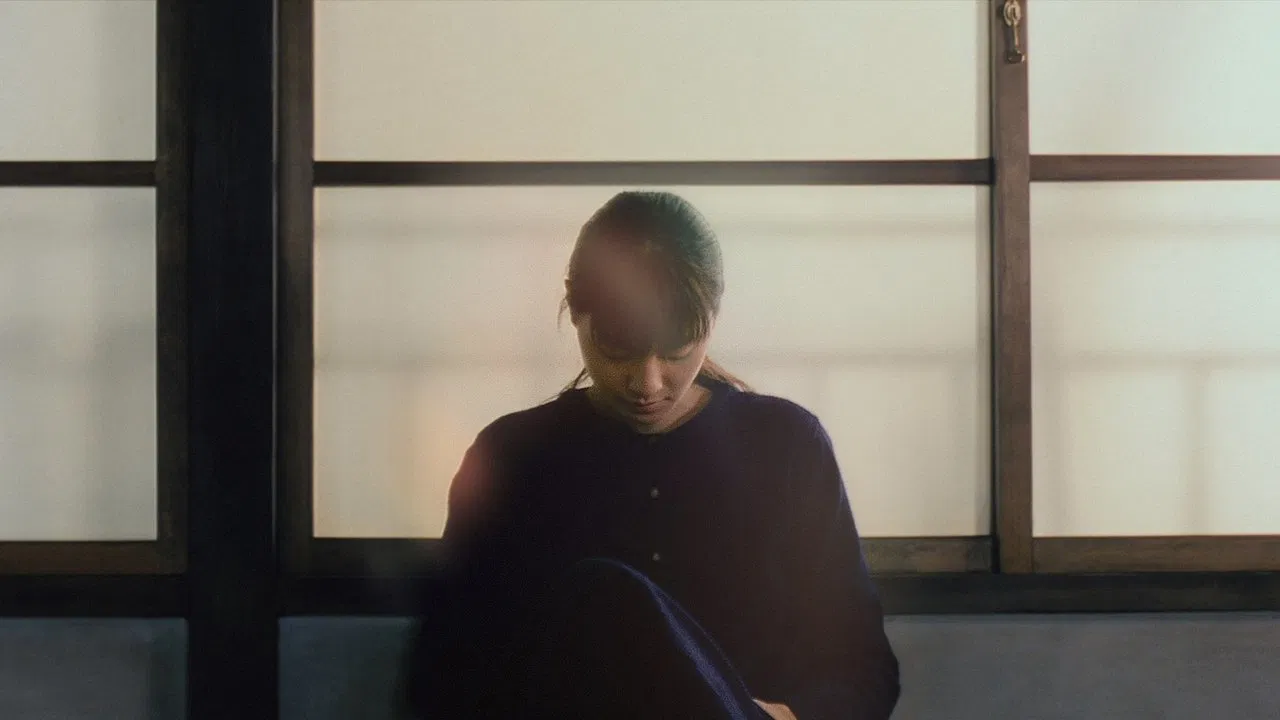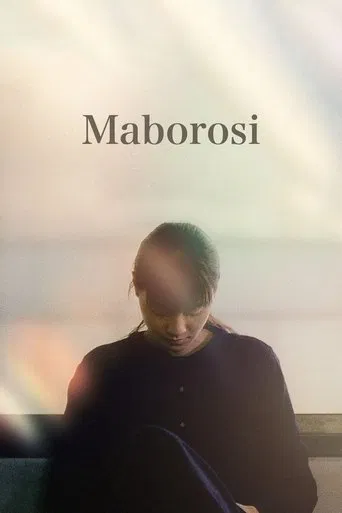

Did you people see the same film I saw?
... View MoreCharming and brutal
... View MoreThere is just so much movie here. For some it may be too much. But in the same secretly sarcastic way most telemarketers say the phrase, the title of this one is particularly apt.
... View MoreAfter playing with our expectations, this turns out to be a very different sort of film.
... View MoreMaborosi (Japanese: Maboroshi no Hikari (Phantasmic Light)) (1995) Director: Hirokazu Koreeda Watched: February 2018 Rating: 6/10 This is a film of contradictions. To begin with, everything I love about the film seems eerily reminiscent of my cons list. Koreeda uses darkness to show the light in life. It is death that eventually forces renewal. The plot is simple. Yumiko is but a young bride when her husband, an ostensibly cheerful Ikuo, supposedly commits suicide. She is told that he deliberately walked in front of a train, but the body is unidentifiable. Yumiko, only 25, is left with a newborn son, Yuichi. She quickly falls victim to a dark depression, even neglecting Yuichi. Eventually, a matchmaker friend arranges a marriage with a widower and his daughter in a faraway seaside town. Cheerlessly, Yumiko moves from her home in Osaka to begin life anew. We watch as she struggles to find life again. Yumiko, the star of our show, is played by real-life model Makiko Esumi. Even so, Koreeda does not flaunt this. In fact, he does the opposite- obscuring her with angles and shadows. Much of the film is carried by her facial expressions and superb performance. For example, when the older woman returns, alive, from being lost in the storm, you can almost feel Yumiko's bitterness. When the knock comes after many hours of waiting- an uncannily similar situation to the one she gets in regards to the late husband- you can see in her otherwise expressionless face that she expects the same bad news. Koreeda chooses not to show her face for a while, and when he does, her expression is not one of relief or pleasure. The cinematography is gorgeous. Local fishing town, the sea. Countryside. Weather. Long hallways. Dark rooms. Stairs. Trains. Windows. Koreeda's idol was Ozu. This is obvious to anyone who knows the director. Tatami shots. Very little dialogue. Minimal use of music. Too much pretty, not enough brains? Inside scenes are all bleak and dark. One scene was fifty seconds of complete darkness, as we waited for Yumiko to let in light from a window. Most scenes filmed inside are cloaked in darkness and shadows. In fact, when I first started watching, I thought there was something wrong with the version I was watching, the quality seemed so low. But I guess it was simply the film Koreeda used and the effect he wanted to have. It also might have been the version in this country. Does this make it beautiful, though? The pacing is not ideal. Some parts interesting, but overall this is not something you watch expecting to be enthralled. Its merits are inconspicuous, its charm subdued. This is all true, up to a point. Part of honing a craft is knowing when more is not better; acknowledging that some things must be left on the cutting room floor, no matter how precious. Unlike his later films, where Koreeda finesses this skill, he seems to get carried away here. Whereas his mentor Ozu would have similarly long silences and shots, they held meaning. Here, the camera often stays focused a moment too long- and for no other reason than it might be pretty. Similarly, angles are practiced that serve no purpose in furthering the film. As prepossessing as it is, at some point, it became superfluous.and considerably disadvantageous. From the final scene, a long shot (not only in angle, but also in length): "I just. I just don't understand. Why did he kill himself? Why was he walking along the tracks? It just goes around and around in my head why do you think he did it?" "The sea has the power to beguile. Back when Dad was still fishing, he saw a maborosi- a strange light- far out to sea. Something in it was beckoning to him, he said. It happens to all of us." Well, what is a maborosi? Actually spelled "Maboroshi", literally "phantasmic light", but best translated as "a trick of the light". It is most often used as a metaphor for chasing a ghost in your past; mental ghosts. From what I understand, a charmingly untranslatable word. And when we understand this, the beauty of this film is that much more appreciated. Because that is what embodies the entire film. Through its simplicity, one must make the effort to understand its message. A film about trying to understand the inexplicable, but finding out that sometimes some things must be left unexplained. There is a serenity in accepting this; in finding the silver lining. #FilmReview #Koreeda
... View MoreThe story is told with a large economy of words, of actions, of images: it is a supremely ascetic film. The people are always in the distance, the images always in the dark. The only images that are clear are the scenes remembered by the protagonist: the woman that lost her first spouse.It is a very radical cinematographic approach. I would say that it cannot be more radical than that. It is the movie from the mind of the protagonist.But if you have the guts to follow this ascetic movie you'll be generously rewarded. Because it is actually an exquisite artwork. Yes, many images are left in obscurity: it is actually a great play of light and obscure. As for the images that have meaning for the protagonist, the camera is in such moments like caressing the whole: the scenery becomes then pure visual choreography.
... View MoreThis is a story originally about a young couple with a three month old son living in a working class area of Japan (Osaka). They seem very much in love till he gets hit by a train and dies. The wife, Yumiko, played by the pretty, piercing eyed Makiko Esumi, is devastated. A second marriage is arranged for her, and now she'll live with her son, new husband & stepdaughter in a remote, windswept village by the Sea of Japan. Will she find happiness again? This is the film's central theme. This movie is filled with dramatic pauses, long shots and is full of atmosphere. Style wise, it feels like an Ozu film, which is a lofty goal, but it is admirably reached. There are parts I especially like in this film, especially when Yumiko questions why her husband died (it was a suicide). That is where the title of the film is explained. I highly recommend the DVD, as it contains written comments by the Director, which explain the concept of the film even better, especially how he came to choose the fairly perfect Makiko Esumi to play Yumiko. Reminiscent of the masters like Mizoguchi, Naruse & especially Ozu, it is well worth your time.
... View MoreSPOILER I did like this movie... It was pretty, and sad. The original story was written by my mother's fav. writer Teru Miyamoto. His story is often dark, the director has paid excellent attention to the detail of Miyamoto's writing. Miyamoto's writing is almost exactlly the way movie was put... Story was strange, husband commiting suicide w/o reasons... If you like artsy movie, I think you should check it out.
... View More